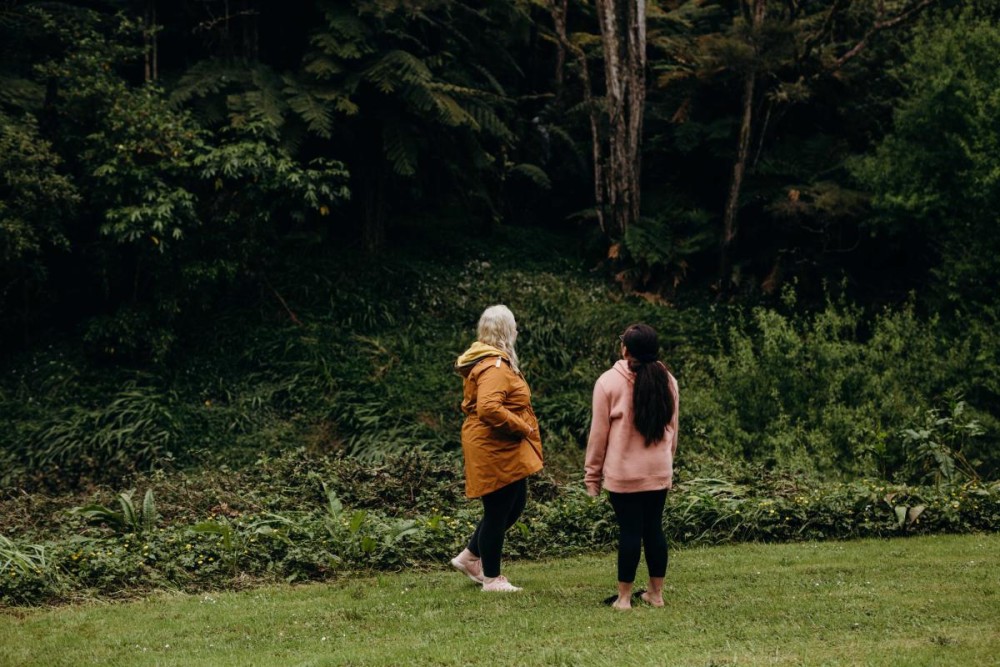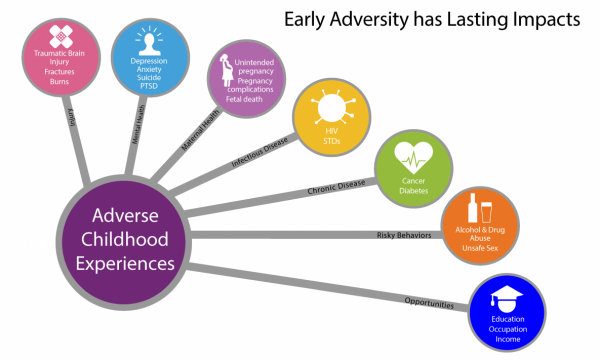What are Adverse Childhood Experiences?
Evidence | February 27th, 2020

What are Adverse Childhood Experiences?
Adverse Childhood Experiences (ACEs) are major contributing factors for poor youth development that can lead to negative health and social outcomes in adulthood.
The Centres for Disease Control and Prevention and the World Health Organisation have identified 10 ACEs that can have serious implications for children during their childhoods and can continue to affect them in their adulthoods. These include being exposed to abuse, neglect and environmental challenges before they are 18 years old.
The 10 ACEs
ACEs include -
- Three types of abuse (emotional, physical or sexual)
- Two types of neglect (physical or emotional) and
- Five environmental challenges (having a parent in prison, living with a parent with mental illness, having a parent or close family member negatively affected by drugs or alcohol, divorce/separation of parents and witnessing their mother being the victim of violence)
The ACEs study was conducted by the Centres for Disease Control and involved 17,000 participants. The study concluded that adverse experiences in childhood were linked to major chronic illness and poor social outcomes in adulthood.

How does mentoring help young people with ACEs?
Mentoring relationships are beneficial for children who have experienced messy childhoods or adverse childhood experiences (ACES) in many ways.
Children copy what they see adults doing. When children have been exposed to abuse and neglect, research* tells us they are more likely to be violent towards others in teenage years and early adulthood. When our mentors role model positive behaviours to their young person, they are demonstrating pro-social behaviours which their young person can mirror and learn from.
Our mentors are regularly offering their young people strategies to cope with situations which trigger them. For example, when Bronson was being teased at school he used to punch whoever was closest because that’s what he’d learnt, observed and experienced. His mentor helped him notice and acknowledge the aggressive feelings he was having at school and instead of hitting out, he was able to take a breath and walk away.
“Lately Bronson and I have been having long talks about how to control situations that lead him to trouble. Such as how to stay away from people who are purposely trying to annoy and irritate you. I’m really proud of how Bronson is responding to these situations with maturity and feel like he has learnt the concept of how not to get involved”. Paul, Mentor
Milaniak, I., & Widom, C. S. (2015). Does child abuse and neglect increase risk for perpetration of violence inside and outside the home?. Psychology of Violence, 5(3), 246.